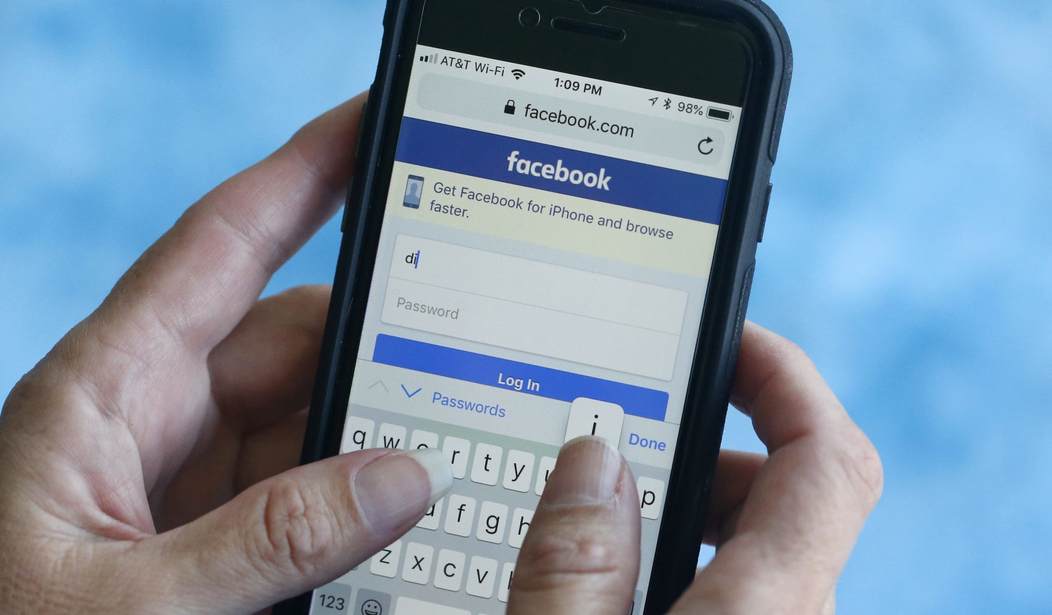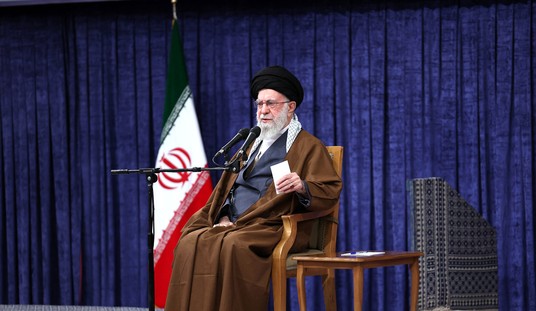On Wednesday, National Religious Broadcasters (NRB), an association of Christian communicators with a combined audience of at least 60 million, sent a formal request for congressional hearings about removing the Big Tech immunity from Section 230 of the Communications Decency Act. Removing this immunity would penalize companies like Google, Facebook, and Twitter for their censorship without increasing government regulation.
“It’s time for Congress to seriously engage this issue since Big Tech shows little inclination to truly address the problem of viewpoint censorship of Christians and conservatives,” NRB President and CEO Jerry A. Johnson told PJ Media in an exclusive statement.
Section 230 gives Big Tech companies immunity from civil suits on the premise that these companies are platforms for speech, rather than speakers themselves. Johnson argued that “if Big Tech is going to censor ideological content, Congress should determine if they have become de facto publishers. If so, are they no longer deserving of protections other publishers do not enjoy? Like other publishers, if they have wronged someone, perhaps they will have to have their day in court.”
Johnson sent letters to the chairs and ranking members of four separate committees: the House Judiciary Committee; the House Energy and Commerce Committee; the Senate Judiciary Committee; and the Senate Commerce Committee.
“It is unacceptable for technology giants to discriminate by algorithmic bias or human will against users just because their viewpoints are not congruent with ideas popular in Silicon Valley,” the NRB president wrote in the letters. “This problem deserves scrutiny and thoughtful consideration from the people’s representatives, so I respectfully request hearings for that purpose.”
In a particularly egregious example of anti-Christian censorship, Facebook banned global philanthropist and evangelist Franklin Graham — during Christmas week! — for a milquetoast post in 2016 supporting North Carolina’s H.B. 2, a bill reserving public restrooms on the basis of biological sex that transgender activists opposed. Robert A.J. Gagnon, a professor and expert on Christian sexuality, called act this an “undeclared war on the Christian faith.”
Yet NRB noted that Facebook’s censorship of Graham, who is an NRB member, was just the latest example of more than 40 high-profile cases of viewpoint censorship documented on the Internet Freedom Watch (IFW) timeline, launched at the end of 2017. When NRB launched IFW, it called for congressional hearings, which took place throughout 2018.
Yet high-profile acts of censorship continued. Taking cues from the far-Left Southern Poverty Law Center (SPLC), Amazon banned D. James Kennedy Ministries from its charity donation platform, Amazon Smile. Even after the ministry responded with a lawsuit, the platform removed Alliance Defending Freedom (ADF), also due to the SPLC’s allegedly defamatory “hate group” labeling. Google CEO Sundar Pichai admitted in congressional testimony last month that YouTube considers the SPLC a “trusted flagger.”
In a similarly high-profile case, Google’s YouTube has consistently blocked access to videos from the conservative nonprofit PragerU in “restricted mode,” and demonetized many PragerU videos. Other similar videos are not restricted, and even a few content creators who re-posted the restricted PragerU content have not had their videos restricted. Even Facebook targeted PragerU this past year. PragerU filed a California “two-track litigation” lawsuit against Google on Tuesday, adding to its current case before the Ninth Circuit Court of Appeals.
In the face of mounting evidence of Big Tech censorship, NRB President Jerry Johnson called on Big Tech companies to establish a free speech charter based on the First Amendment to the U.S. Constitution. Such a charter could protect user viewpoints while allowing companies to combat obscenity, incitements to violence, and other abuses. If the companies did not do so by December 31, 2018, Johnson warned, he would mobilize the NRB audience to pressure Congress to remove the immunity under Section 230.
Last month, he sent a final warning. After the Franklin Graham ban, it seemed abundantly clear Big Tech companies would not heed his warning.
Altering Section 230 of the Communications Decency Act is one of the least intrusive ways of addressing Big Tech censorship.
“Rather than some other possibly heavy-handed government interventions that have been suggested — for example, any type of Fairness Doctrine for the internet would be unconscionable — I suggest that it is time for Congress to explore further what may be the costs and benefits of removing or conditionally suspending Section 230’s extra layer of government-granted content moderation protection for ubiquitous platforms suspected of acting in bad faith,” Johnson said in a statement.
He insisted he is “still hopeful” that a free speech charter could be put forward.
With Democrats in the majority in the House of Representatives, it seems House committees will be less likely to hold hearings on Section 230, but Senate hearings are very likely in 2019. Ultimately, Democrats should also be concerned about these issues, but many of them seem to regard the censorship of conservative and Christian viewpoints as a “conspiracy theory.”
Follow the author of this article on Twitter at @Tyler2ONeil.









Join the conversation as a VIP Member